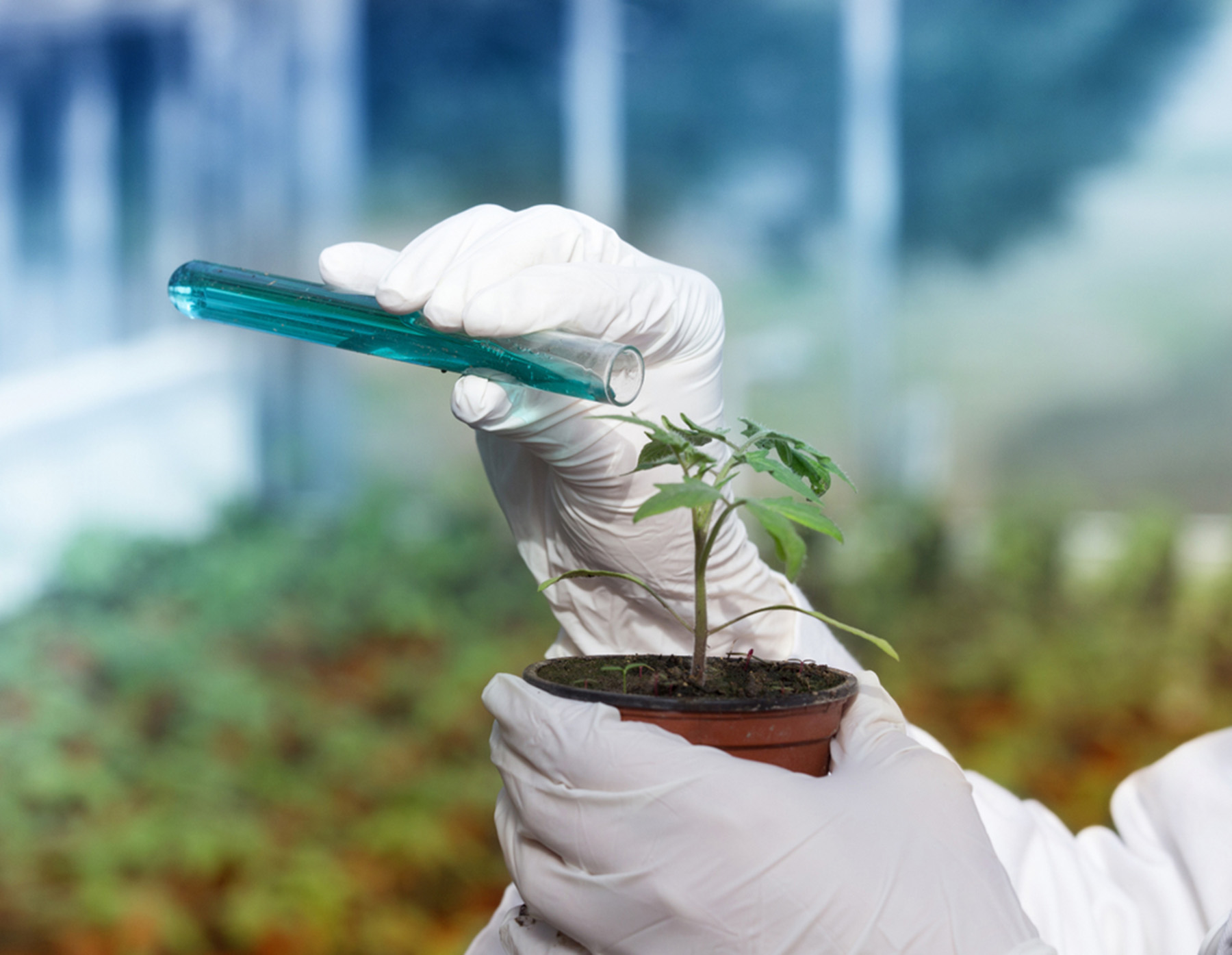Agrochemicals, including pesticides and herbicides, have long been essential tools in modern agriculture, aiding in pest control and weed management to ensure high crop yields. However, their widespread use has raised concerns about their impact on human health and the environment.
These chemicals, designed to kill or control pests and weeds, can pose significant risks to human health through exposure via ingestion, inhalation, or skin contact. Pesticides, in particular, have been linked to various health issues, including respiratory problems, neurological disorders, and reproductive issues.
Studies have also suggested associations between pesticide exposure and increased risks of certain cancers, such as leukemia and lymphoma. Furthermore, farmworkers and individuals living in agricultural areas are particularly vulnerable to exposure, highlighting the importance of proper handling and application practices.
Moreover, agrochemicals can have detrimental effects on the environment, including water contamination, soil degradation, and harm to non-target organisms. Runoff from fields treated with pesticides and herbicides can leach into nearby water bodies, contaminating aquatic ecosystems and threatening aquatic life. In addition, these chemicals can persist in the environment for extended periods, leading to bioaccumulation in organisms and potential disruption of food chains.
Furthermore, the overuse and misuse of agrochemicals can contribute to the development of pesticide resistance in target pests and weeds, rendering these chemicals less effective over time.
Addressing the adverse effects of agrochemicals requires a multi-faceted approach, including stricter regulations on chemical usage, promotion of integrated pest management practices, and support for organic and agroecological farming methods.
Furthermore, investing in research and innovation to develop safer, more sustainable alternatives to conventional agrochemicals is imperative. This includes exploring the use of biopesticides, biologically derived substances that control pests while posing minimal risks to human health and the environment.
While agrochemicals have played a crucial role in modern agriculture, their indiscriminate use poses significant risks to both human health and the environment. Addressing these challenges requires concerted efforts from policymakers, farmers, researchers, and consumers to promote sustainable farming practices that prioritize safety, environmental stewardship, and long-term agricultural viability.


Comments are closed.